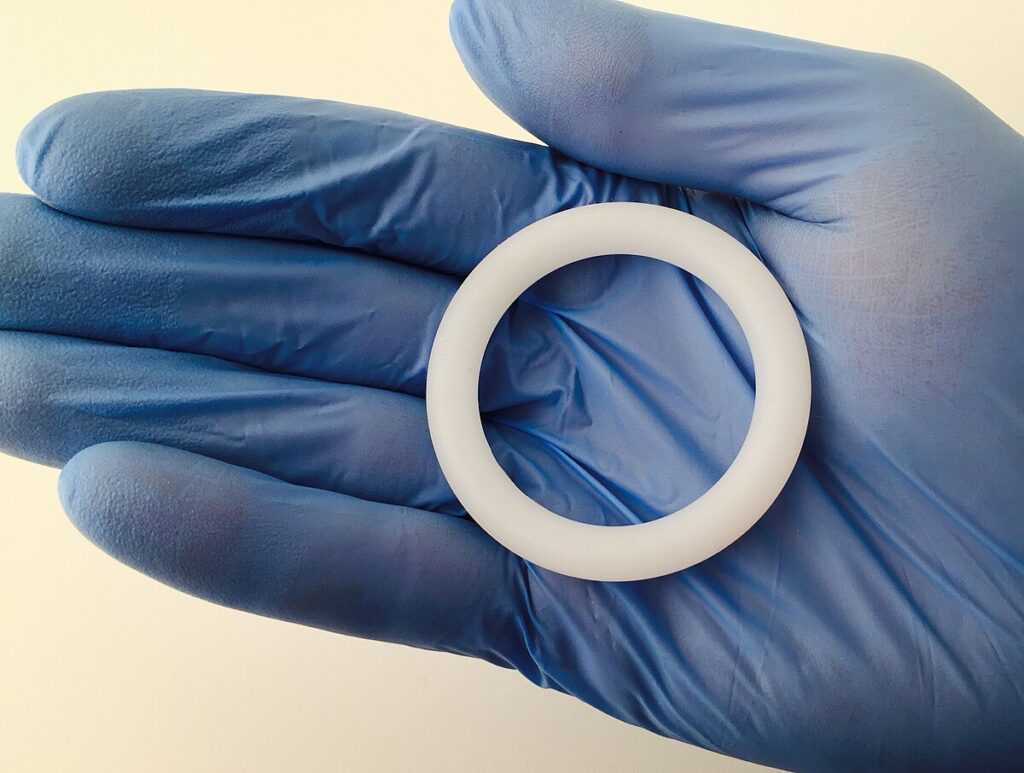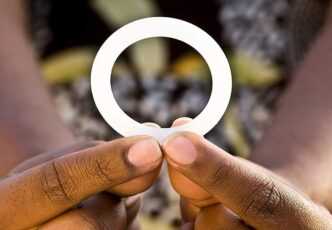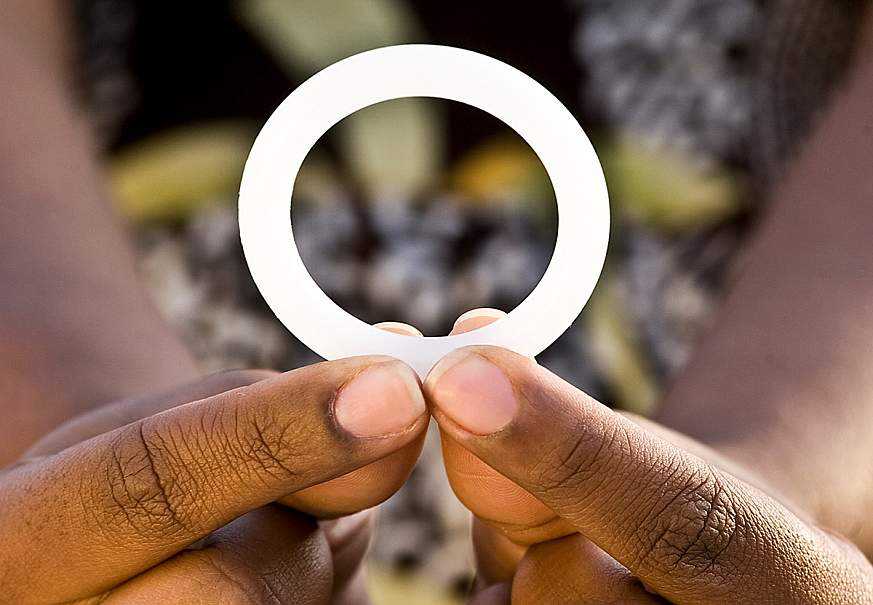Kenya HIV Prevention Methods
Kenya has approved innovative HIV prevention methods to combat rising infections among women.
One groundbreaking solution is the Dapivirine Vaginal Ring (DPV-VR). The Ministry of Health reveals that women comprise 880,000 of the 1,377,784 people living with HIV in Kenya.
This innovation could empower women at high risk with a discreet and effective method of prevention.
A Revolutionary Option for Women
The Dapivirine Vaginal Ring delivers an anti-HIV drug over 30 days. Unlike oral Pre-Exposure Prophylaxis (PrEP) pills, the ring remains hidden and does not require daily attention.
Many women praise its privacy and convenience. One Nairobi sex worker explained, “The ring is hidden, and only I know I have it. It’s easy to use, and I can’t forget it like the pills.”
This option particularly helps women unable to negotiate condom use. Jennifer Gacheru, a clinical officer at the Bar Hostess Empowerment and Support Programme, said, “Most of them prefer vaginal rings depending on the side effects that come with oral PrEP.”

Kenya HIV Prevention Methods Gain Momentum
After approval in 2022, Kenya initiated a pilot study in mid-2023 to test the ring’s effectiveness. The nationwide rollout, planned for 2025, will provide it at no cost to women. Experts highlight that its effectiveness improves significantly with consistent use, rising from 27% to 75%.
However, the ring only protects against HIV during vaginal intercourse. It does not shield against other sexually transmitted infections (STIs) or prevent pregnancies. For this reason, health officials urge users to pair it with condoms.
Jonah Onentiah of NASCOP noted, “The ring is one of the options for HIV prevention. We highly recommend using condoms alongside the ring to prevent STIs and pregnancy.”

Bridging the Gender Gap in HIV Infections
Kenya’s HIV prevention methods are essential for women, who face higher infection rates. In 2023, new HIV cases included 9,100 women compared to 4,100 men. Globally, women and girls accounted for 44% of new infections, according to UNAIDS.
By prioritizing tools like the vaginal ring, Kenya joins other African nations like South Africa and Botswana in addressing this urgent health challenge. Women at high risk now have greater control over their health, fostering hope for a future with fewer infections.
Will Kenya’s HIV prevention methods successfully protect more women and inspire similar advancements across the continent?
Read More:















